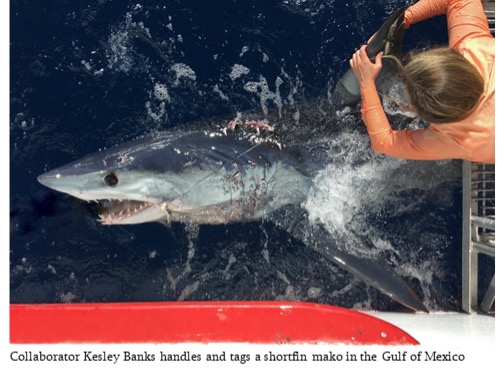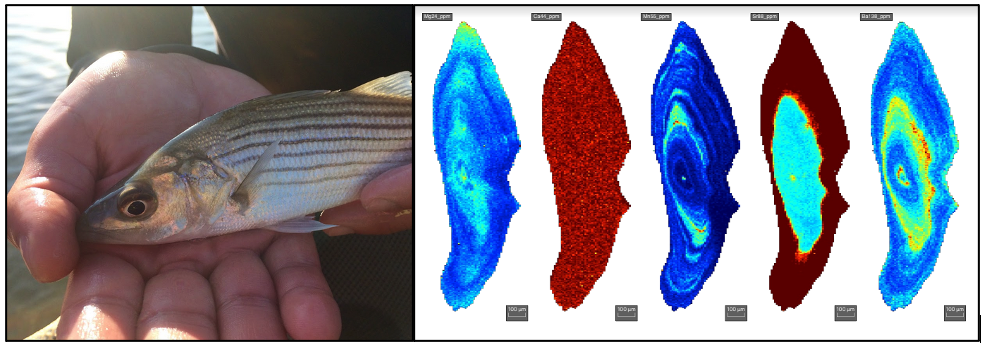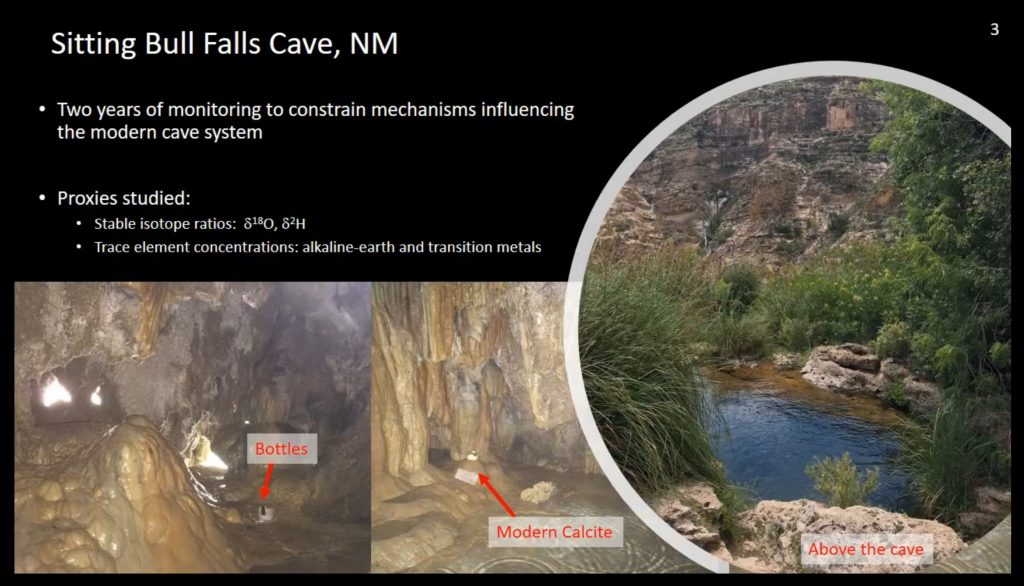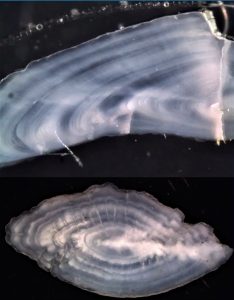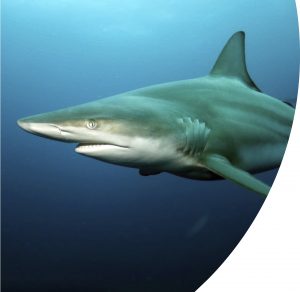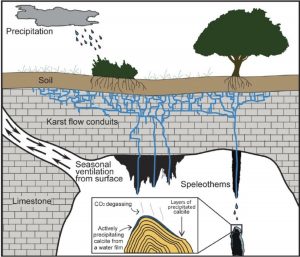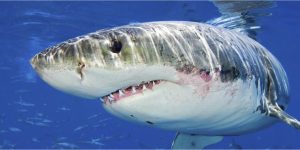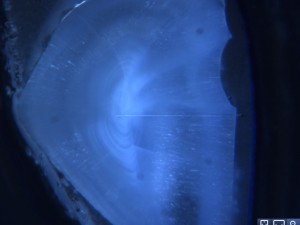Featured Research Projects
The following is a running collection of ICP-MS affiliated research projects highlighting significant findings.
Benjamin R. LaFreniere1, Oscar Sosa-Nishizaki2, Sharon Z. Herzka2, Owyn Snodgrass3, Heidi Dewar3, Nathan Miller4, R.J. David Wells5,6, John A. Mohan1,5 School of Marine and Environmental Programs, University of New England, 11 Hills Beach Road, Biddeford, Maine04005, USA Departamento de Oceanografia Bioliogica, Centro de Investigacion Cientifica y de, Educacion Superior de Ensenada(CICESE), 3918 Carretera Tijuana-Ensenada, Ensenada,…
Kohma Arai The University of Maryland Center for Environmental Science Abstract: Juvenile fishes depend on nurseries that are both proximate and distant to natal habitats, although drivers that cause juveniles to utilize different nurseries remain unclear. Striped bass exhibits partial migration and diverse habitat use during their early life which could arise from threshold responses…
SEKHON, Natasha1, BANNER, Jay L.2, BREECKER, Daniel O.1, TREMAINE, Darrel M.3 and MILLER, Nathan1, (1)Department of Geological Sciences, Jackson School of Geosciences, The University of Texas at Austin, Austin, TX 78712, (2)Department of Geological Sciences, Jackson School of Geosciences, The University of Texas at Austin, Austin, TX 78712; Environmental Science Institute, Jackson School of Geosciences,…
Ben Frey – U. Maryland Center for Environmental Science Abstract: Without accurate age interpretation or validation, serious errors in the management and understanding of fish populations can occur. This study employs a novel approach to age validation using trace element microconstituent analysis of otoliths. The optical zones of annuli are hypothesized to be the…
AFS Annual Meeting 2021 Mariah Livernois – Texas A&M Galveston Abstract: As predators, coastal and oceanic sharks play critical roles in shaping ecosystem structure and function, but most shark species are highly susceptible to population declines. Effective management of vulnerable shark populations requires knowledge of species-specific movement and habitat use patterns. Since sharks are often…
Heather Gunn – Spring 2021 Honors Thesis GSA Abstract: Central Texas caves feature slow-growth (<10-100 µm/yr) stalagmite records as old as 70 ka that span glacial and deglacial hydroclimate cycles. Monitoring efforts in these caves indicate: calcite growth occurs mainly during cold seasons when cave-air CO2 concentrations are lowered by ventilation; drip waters have interannual…
John Mohan – University of New England AFS Meeting Abstract: Sharks exhibit enigmatic movement patterns including long-distance migrations and deep diving behavior that can be difficult to characterize. Ontogenetic characteristics of many shark species, such as late maturity age, slow growth, increased longevities, and low reproductive output, make shark populations especially vulnerable to human exploitation….
Adam Marsh – Ph.D. candidate Supervisor: Tim Rowe Fossil bone records a wealth of data used to explore the evolutionary history of vertebrate life, the growth and development of individuals during their lifetime, and the taphonomic processes that occur before organismal remains become a part of the fossil record. As geochemical technology advances, fossil bone…
Mark Cloos – Advisor Aaron Hantsche – Undergraduate, Jackson School of Geosciences Porphyry copper deposits are created by hydrothermal mineralization as fluids from the intrusive body precipitate metal-rich minerals. These sulfur rich systems have anhydrite in the veined mineral assemblage, as well as quartz, pyrite, and chalcopyrite. Using dissolved anhydrite from veins from the Ertsberg…
Walther Fish Ecology Lab John Mohan, UT Marine Science Institute Otoliths (oto=‘ear’; lith=‘stone) are biogenic carbonates that functioning as hearing organs in teleost fish and accrete permanent growth bands on daily to annual timescales. The elemental composition of fish otoliths are derived from the ambient environment and influenced by physiology, providing detailed chemical chronologies of…


